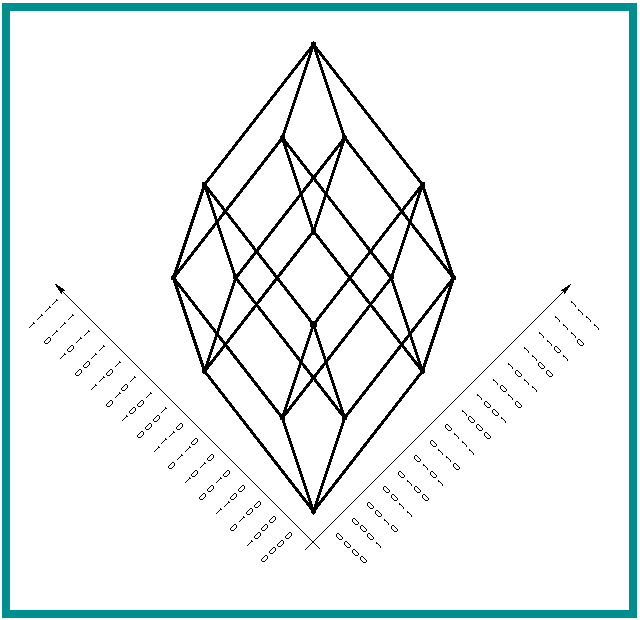Combinatorics
BMS Basic Course -- Diskrete Strukturen I
Summer Term 2025
Sommersemester 2025
Prof. Stefan Felsner
LV-Nr.: 3236 L 149
Tuesday 14-16 MA141
Thursday 10-12 MA144

Combinatorics BMS Basic Course -- Diskrete Strukturen I Summer Term 2025 Sommersemester 2025 Prof. Stefan Felsner LV-Nr.: 3236 L 149 Tuesday 14-16 MA141 Thursday 10-12 MA144 |

|
Exercises marked with a star (*) are especially hard and give extra points.